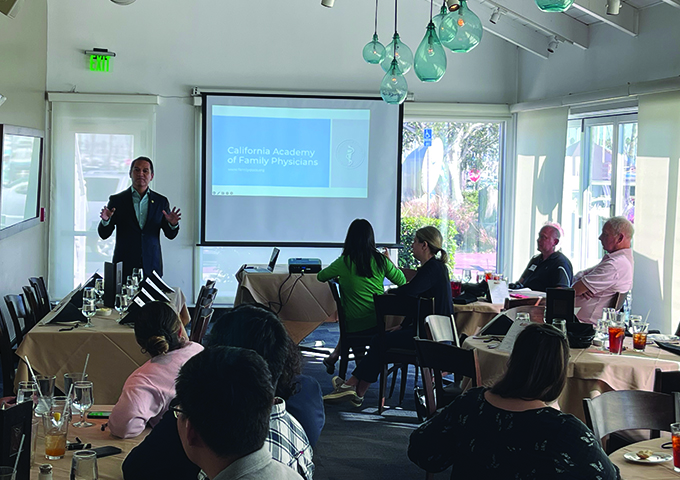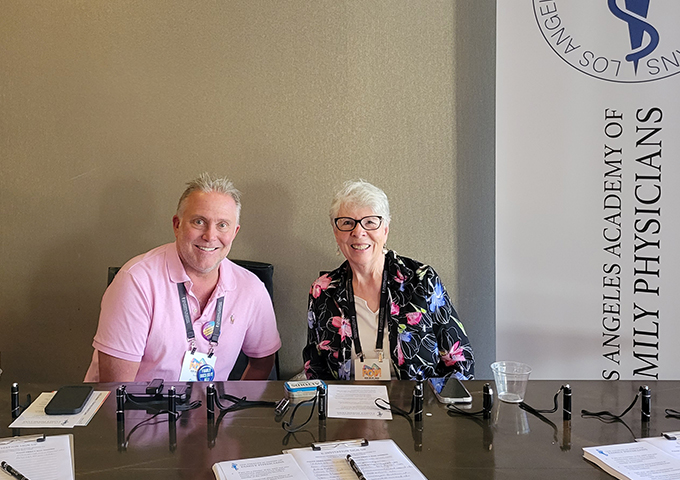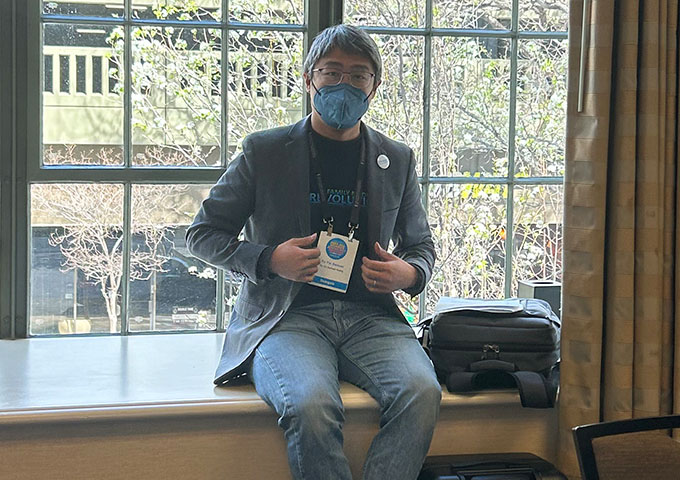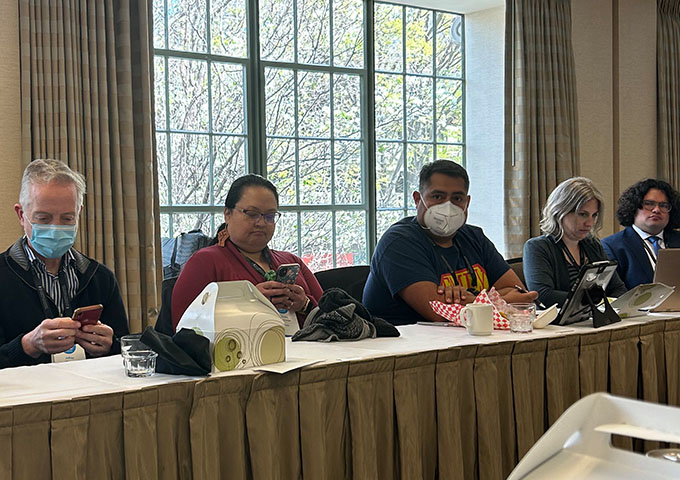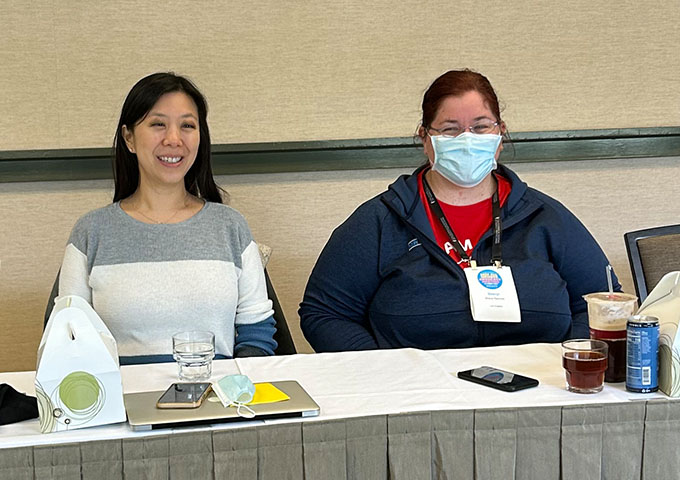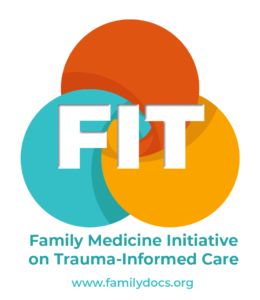 February 2024
February 2024
Among the new laws in 2024:
- AB 948 eliminates the sunset date for a cost-sharing limit for prescription drugs and defines health plan drug formulary tiers: Bronze, Silver, Gold, and Platinum.
- SB 421 makes permanent a $250 cost-sharing limit on a 30-day prescription of oral anticancer medication.
- SB 487 prohibits health plans from penalizing a provider based on disciplinary action in another state based on that state’s abortion laws.
- SB 496 requires health plans to cover medically necessary biomarker testing to guide treatment decisions of a disease or condition.
1.2 million Medi-Cal managed care patients may have shifted to a new health plan, with multiple plan options. (LA Care’s contract with Heritage Provider Network ended Jan 1.) Physicians should verify patients’ benefits and eligibility this year to guarantee payment. (California’s continuity of care laws may allow some patients to continue seeing their physicians.)
All Medi-Cal managed care providers should now be enrolled through the PAVE portal, https://www.dhcs.ca.gov/provgovpart/Pages/PAVE.aspx (“Provider Application and Validation for Enrollment”).
Medi-Cal provider rates will increase to at least 87.5% of Medicare for primary care, maternity care, and non-specialty mental health services, with further increases in 2025.
Physicians Medicare reimbursements were cut by 3.4% by the Centers for Medicare & Medicaid Services (CMS). (Other Medicare providers are receiving an annual inflationary update.) AAFP continues to pressure Congress on this issue.
The Centers for Medicare and Medicaid Services (CMS) finalized prior-authorization reform regulations, beginning in 2026. Payers will need to send decisions on prior authorization within 72 hours for urgent requests and 7 calendar days for standard requests.
200 primary care practices in California have been selected for the Equity and Practice Transformation (EPT) Provider Directed Payment Program, which will allocate $650 million over 5 years to support primary care practices for population health, health equity, and upstream care models. (https://www.dhcs.ca.gov/qphm/pages/eptprogram.aspx)
Drug costs (https://www.dmhc.ca.gov/): Prescription drugs were 14.2% of health plan premiums in 2022. Drug costs increased by 12.3% compared to 7.9% for total medical expenses. Specialty drugs were 1.6% of prescription drugs dispensed, but 64% of drug spending. The primary drugs driving the cost increase are specialty and brand name drugs, especially for diabetes or weight loss and for biological immunological drugs.






